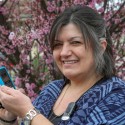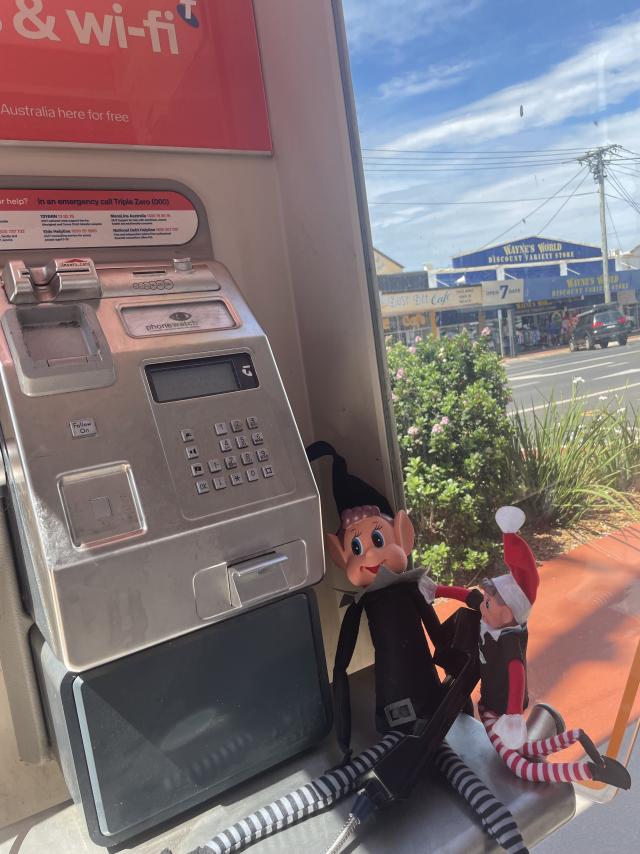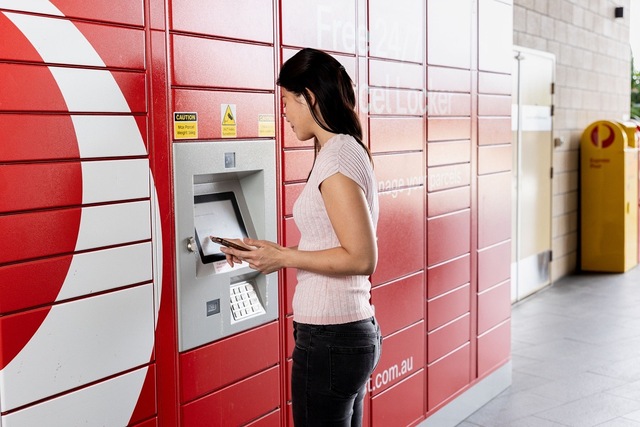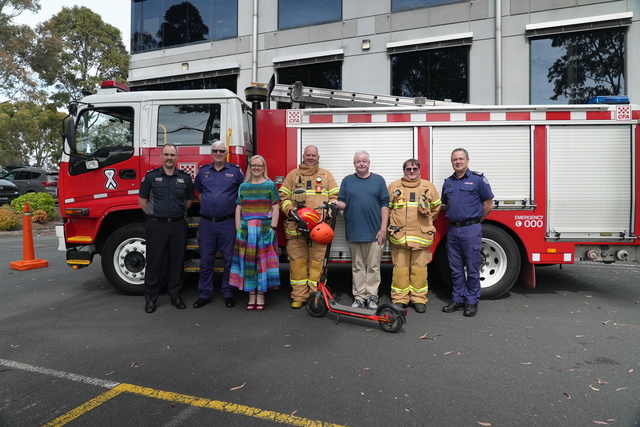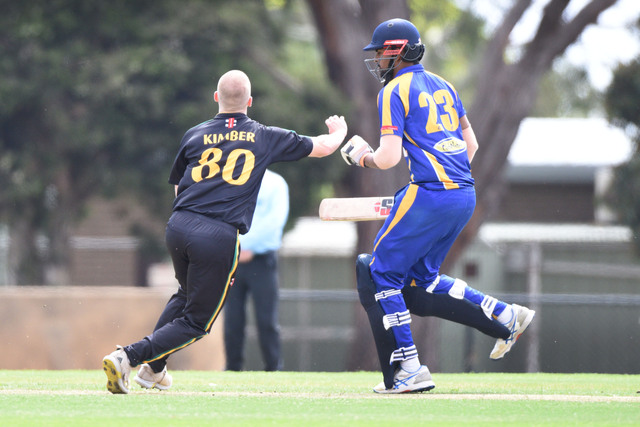By GEORGIA WESTGARTH
GOING to the cinema, listening to music, watching television and speaking over the phone were all off limits for Helen Payet, who lost her hearing when she was aged 39.
For 12 years Ms Payet, from Narre Warren, couldn’t differentiate between female and male voices and relied heavily on lip reading in public situations.
“I didn’t have confidence, I was scared, I feared a lot because I couldn’t hear properly and to a degree you feel stupid,” Ms Payet explained of her sudden hearing loss.
After contracting a bout of pneumococcal meningitis in 2002 Ms Payet, a mother of two, was put into an induced coma for a week.
“I was in hospital for about four weeks – doctors didn’t think I would survive,” she said.
Once the bacteria had left her body Ms Payet was left profoundly deaf in both ears and an analogue cochlear implant was prescribed.
Ms Payet said the analogue cochlear implant worked great but the sound was very different to what she was used to before falling ill.
“I had to learn to hear all over again and without the cochlear I had extreme tinnitus – it was like guns or constantly being inside a jet plane because there was so much damage to my nerves,” Ms Payet said.
Since her new digital cochlear was implanted last year Ms Payet said her hearing is 500 per cent better.
For 12 years Ms Payet would go to the movies and hear static noise – and now that’s all changed.
“When I went to the movies I just sat there it was useless but now I can pick up 75 per cent of everything,” she explained.
Ms Payet can watch and hear the television using her cochlear TV clip and speak on the phone using a Bluetooth device.
“My life has benefitted in every way you could possible think, the new technology has given me back my confidence – I can cross the road and not just rely on my sight but my hearing as well.
“It’s just been amazing – I’ve got my life back,” she said.

